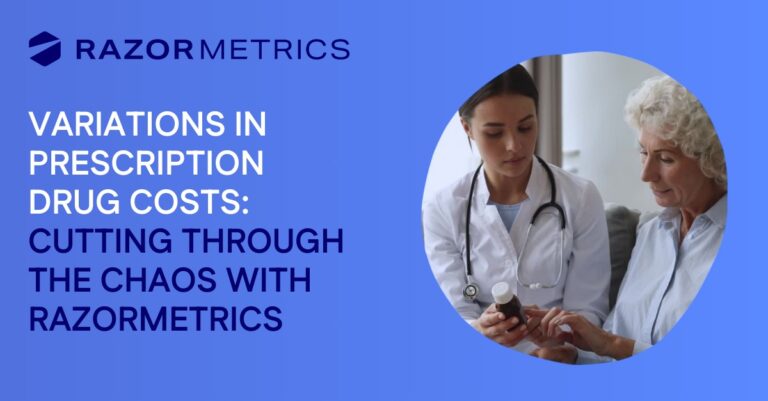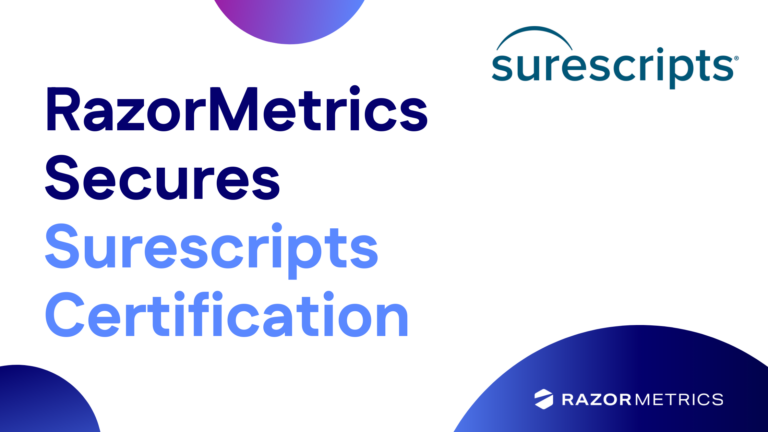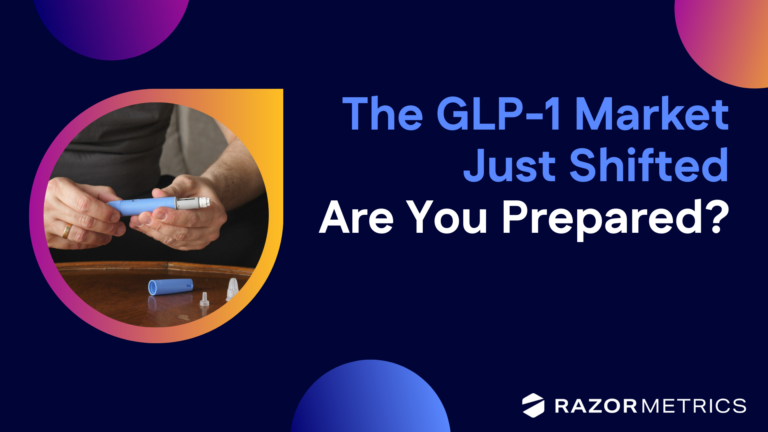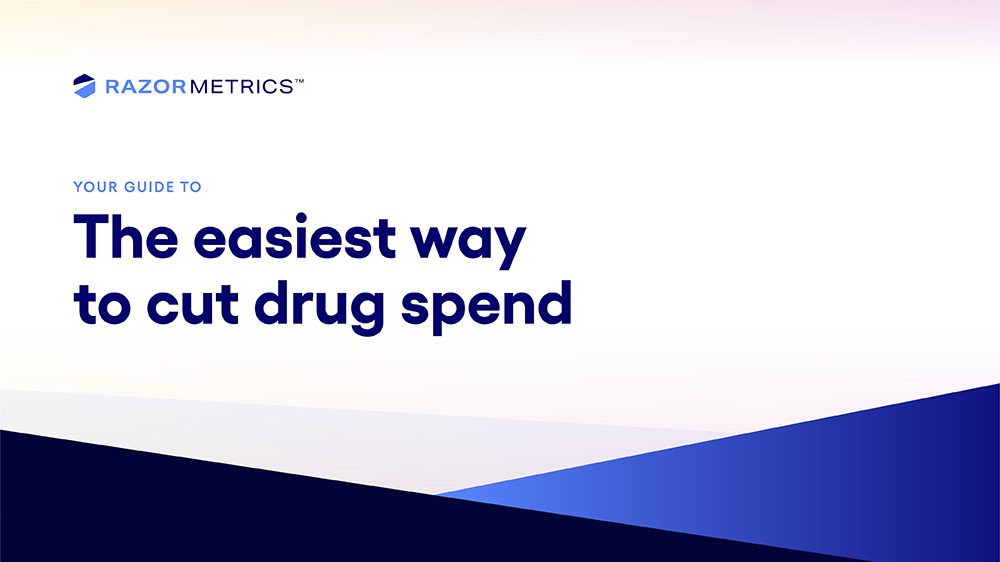Generic drug shortages are becoming a chronic condition in the United States. Shortages lead to a domino effect across the healthcare landscape because the lowest-cost medication is not readily accessible. Last week, the Federal Trade Commission (FTC) and the Department of Health and Human Services (HHS) issued a Request for Information to Group Purchasing Organizations (GPOs) and drug wholesalers to investigate how competition, contracting, and regulatory policies impact generic drug availability. Missing from the discussion is how HealthTech companies could manage the gaps.
Generics have the same active ingredients as their brand-name counterpart but cost 80-85% less. A shortage in the market’s lowest-cost drugs creates a ripple effect impacting access to medical treatments, care affordability, and the efficiency of the U.S. healthcare system. Generics save hundreds of billions annually, $408 billion in 2022 alone.
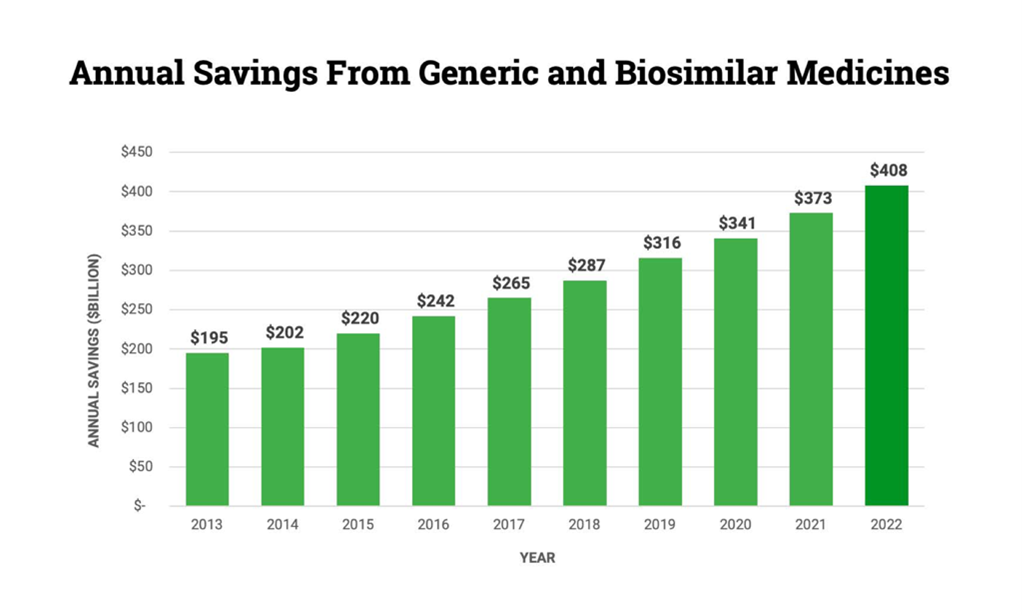
The FTC and HHS are looking into how the market works to pinpoint how policy changes can stop the constant shortage problem. During Congressional hearings last year, physicians told of horror stories about gaps in treatment due to drug shortages that lasted weeks or months at a time, putting their patients at serious risk. Congress is under intense pressure to solve the problem.
Industry analysts claim that the drug shortages are due to failures in incentive structures, quality control, and global supply chains. Companies that report low profitability disincentivize other companies to compete in the market. The small number of manufacturers means an unexpected increase in demand will lead to shortages. They just can’t keep up.
Quality control problems led to other shortages. Manufacturing must maintain high-quality control since even a slight change in the formula could be devasting for patients on the medication.
Ingredients may come from other countries and are vulnerable to disruptions in the supply chain. Global events pose challenges to shipping medications. A bad storm hits somewhere in the world, and an essential ingredient is suddenly unavailable, leading to a shortage.
Proposals to fixing the issue extend to making it easier for generic manufacturers to be more profitable and secure through the following policy improvements:
- Improving the regulatory environment to encourage the production of generic drugs.
- Increasing the transparency of drug supply chains.
- Stimulating competition to help lower drug prices and make medications more accessible.
Missing from the discussion is how healthcare technology companies, like RazorMetrics, are applying cutting-edge technologies to tackle the issue. By applying AI and machine learning, RazorMetrics and others could predict potential shortages, enabling hospitals and pharmacies to better plan their inventory and sourcing strategies in advance.
The impact of drug shortages is significant, leading to delays in treatment, increased healthcare costs, and added stress for both patients and physicians. Yet, the collaborative efforts of federal agencies, GPOs, and trailblazers like RazorMetrics offer hope. The country can move towards a more stable and effective healthcare system by addressing the underlying causes of these shortages and leveraging technology to improve predictive analysis.
Contact RazorMetrics today to learn how we can help your members and employees improve access and affordability of medications.

